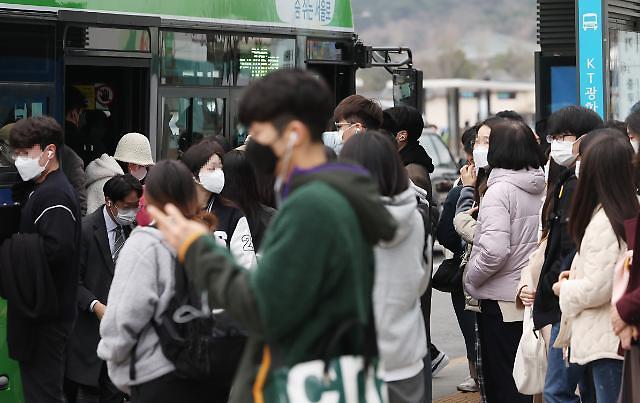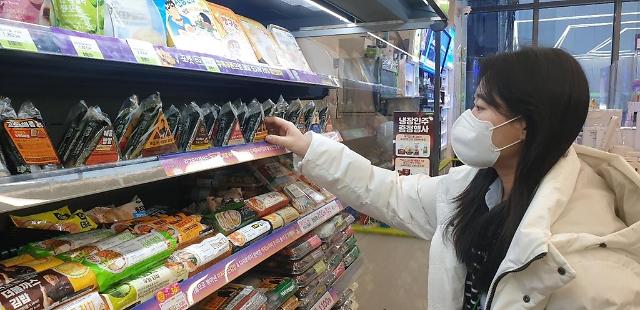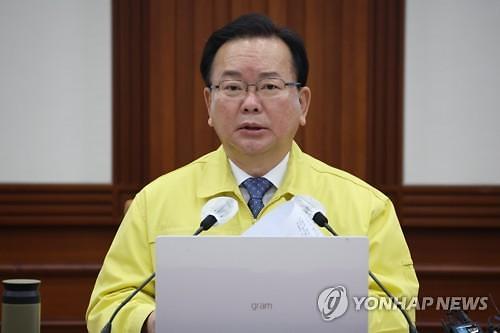
[Yonhap News Photo]
The government said in a statement that the obligation to wear masks in public transportation, supermarkets, and pharmacies located in public spaces would end on March 20. It's been about two years and five months since the mask mandate was introduced in October 2020 due to the outbreak of the COVID-19 pandemic.
The obligation to wear masks will also end at pharmacies in large facilities such as mega-marts and train stations. The quarantine authorities said indoor airflow at such pharmacies is usually connected to other spaces because there are no walls or partitions.
However, the quarantine authorities encouraged people to wear masks when using buses or subways during rush hour. "Wearing masks is still the most basic means of protecting oneself from various respiratory infectious diseases, including COVID-19," said Korea Disease Control and Prevention Agency official Hong Jeong-ik. Currently, infected patients should be quarantined for seven days.
The mask mandate has significantly changed the lifestyles of South Koreans during the last few years. Eating or drinking in public places like offices and train stations was not allowed and restaurants were closed at 09:00 p.m. More than four people dining at a restaurant table was also prohibited. In September 2022, the government completely lifted the regulations on facemasks in all outdoor areas. In January 2023, regulations in indoor environments were scrapped except for hospitals, social welfare facilities with a high risk of infection, and public transportation.
However, most people are still wearing masks inside subway trains and buses. Data released by consulting firm Lotte Members in January 2023 showed that some 60 percent of South Koreans still want to wear a face mask indoors even after the scrapping of the mandate. About 59 percent of the respondents said that they are against the lifting of the mask mandate.
Copyright ⓒ Aju Press All rights reserved.




